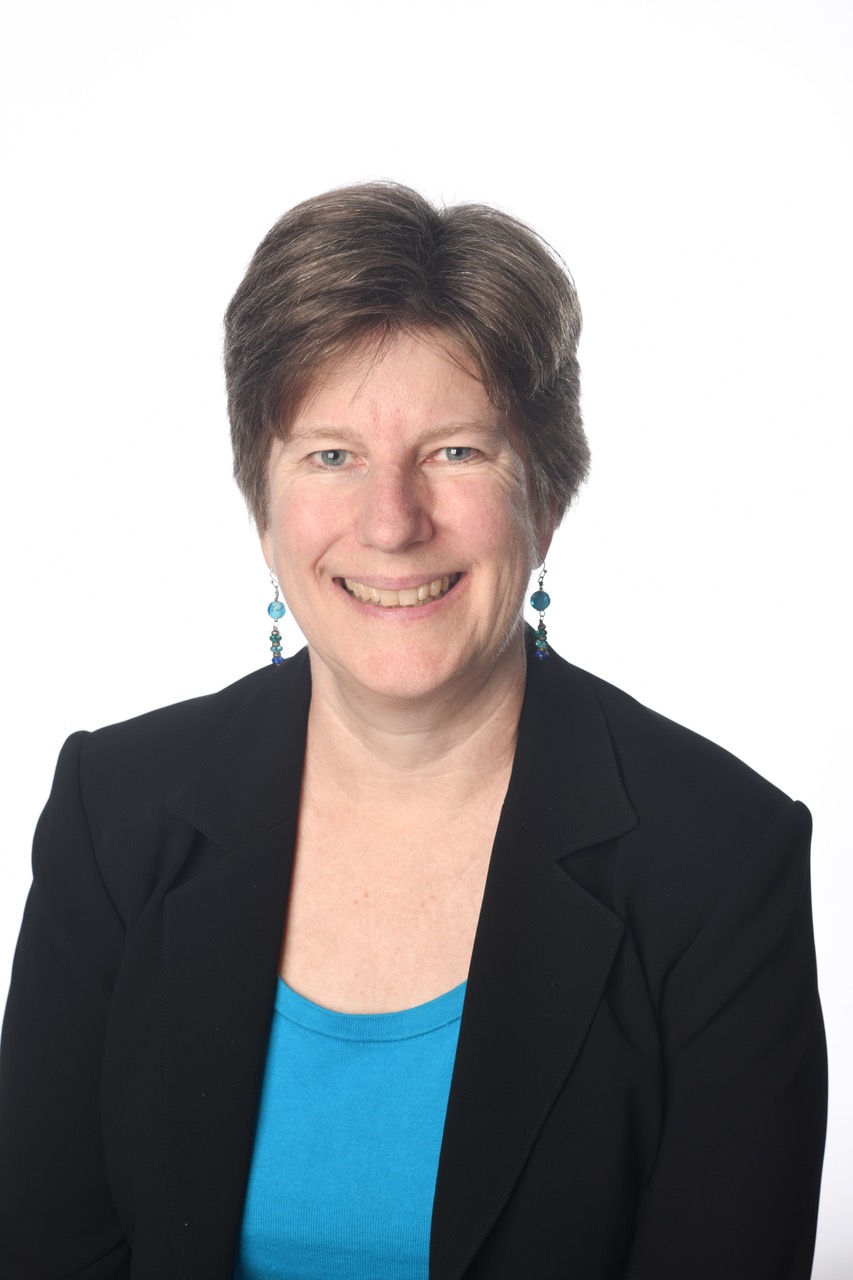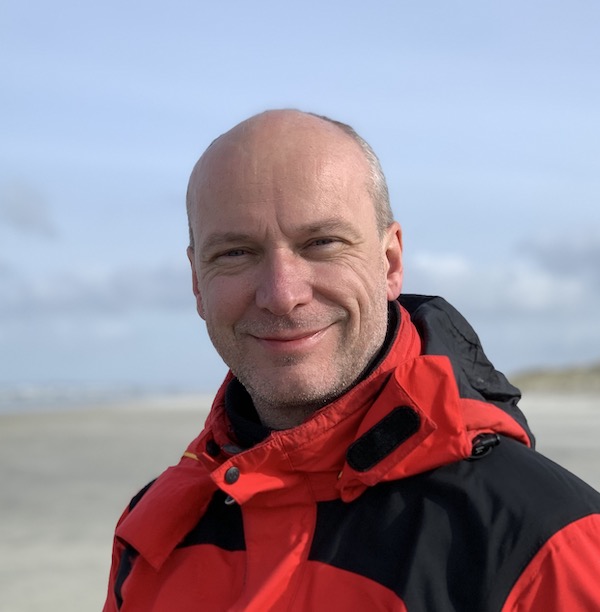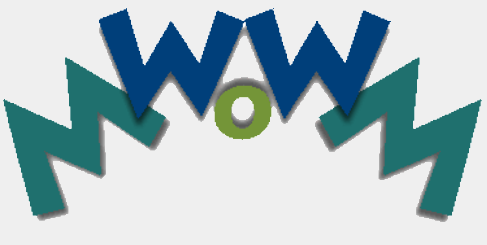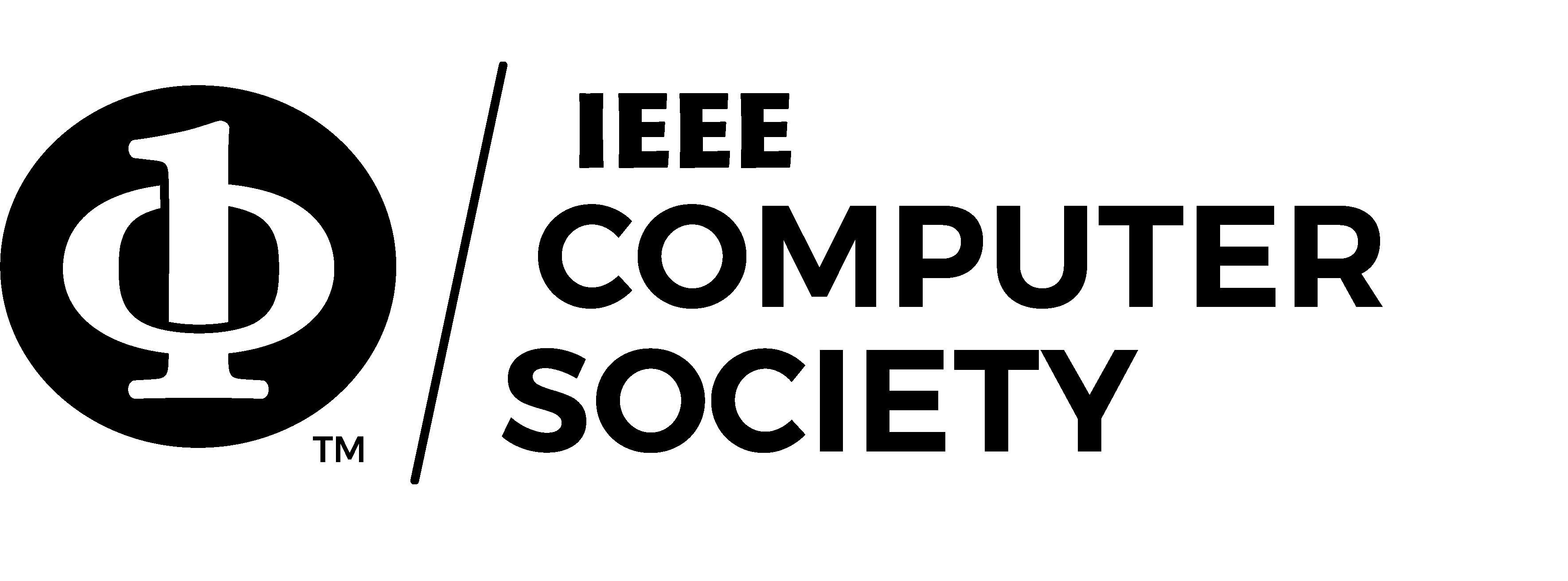WoWMoM 2020
Keynotes
Bridging the Rural Digital Divide 

Prof. Ellen Zegura
Regents’ Professor and Fleming Endowed Professor,
School of Computer Science
Georgia Tech.
Bio:
Dr. Ellen Zegura is a Regents’ Professor and Fleming Endowed Professor in the School of Computer Science at Georgia Tech. She works in two primary areas, computer networking and computing for social good. In computer networking, she is known for her work on the GT-ITM suite of Internet topology tools, which remain in use 20 years after release (2200+ citations for primary publication). In mobile wireless networking, she and colleagues invented the concept of message ferries to facilitate communications in environments where network connectivity is unreliable and/or sparse (1600+ citations for primary publication). Her work in computing and social good includes work in Liberia with the Carter Center, with Native Americans in Southern California, and with residents of the Westside of Atlanta. She is a Fellow of the IEEE and a Fellow of the ACM. Since Fall 2014 she has been an elected member of the Board of the Computing Research Association (CRA), and she is currently Chair of the CRA Board.
Cooperative Automated Driving: From CPS to Networking to Human Interaction 

Prof. Falko Dressler
Chair for Data Communications and Networking,
School of Electrical Engineering and Computer Science
TU Berlin
Abstract:
Research on Cyber Physical Systems (CPS) has led to quite a number of astonishing technical solutions that are becoming standard in many application domains affecting our everyday life. The technical innovations range from control theory concepts to real-time wireless communication to networked control. One of the most challenging applications is cooperative autonomous driving. We will study the core ingredients for enabling such cooperative driving using platooning as an example application. Networking technologies to be considered range from current DSRC and C-V2X to mmWave to visible light communication. In the last part of the talk, we go one step beyond and discuss the impact of individual human beings as an integral part of the systems - both as a user as well as a source of disruption. Studying the impact of CPS on humans and vice versa, hybridization, i.e., machines and human users covering parts of the system function in deep interaction, is required as a novel core concept. This is also a basis for final public acceptance as a key to success of new technologies. We investigate these ideas based on the application domain of cooperative autonomous driving and identify core research challenges of such hybridized CPS.
Bio:
Dr. Falko Dressler is full professor and Chair for Data Communications and Networking at the School of Electrical Engineering and Computer Science, TU Berlin. He received his M.Sc. and Ph.D. degrees from the Dept. of Computer Science, University of Erlangen in 1998 and 2003, respectively. Dr. Dressler has been associate editor-in-chief for IEEE Trans. on Mobile Computing and Elsevier Computer Communications as well as an editor for journals such as IEEE/ACM Trans. on Networking, IEEE Trans. on Network Science and Engineering, Elsevier Ad Hoc Networks, and Elsevier Nano Communication Networks. He has been chairing conferences such as IEEE INFOCOM, ACM MobiSys, ACM MobiHoc, IEEE VNC, IEEE GLOBECOM. He authored the textbooks Self-Organization in Sensor and Actor Networks published by Wiley & Sons and Vehicular Networking published by Cambridge University Press. He has been an IEEE Distinguished Lecturer as well as an ACM Distinguished Speaker. Dr. Dressler is an IEEE Fellow as well as an ACM Distinguished Member. He is a member of the German National Academy of Science and Engineering (acatech). He has been serving on the IEEE COMSOC Conference Council and the ACM SIGMOBILE Executive Committee. His research objectives include adaptive wireless networking (radio, visible light, molecular communications) and embedded system design (from microcontroller to Linux kernel) with applications in ad hoc and sensor networks, the Internet of Things, and cooperative autonomous driving systems.

